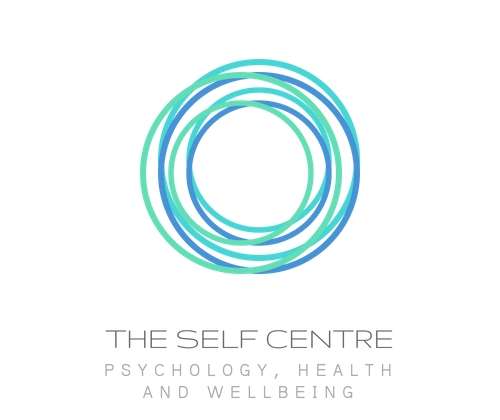How sleep affects your emotions
Has anyone ever told you that you were moody when you were feeling tired? Even though you may not want to hear it – it’s probably true.
Lack of sleep does not only make you feel horrible, it also affects your emotional well-being. After a sleepless night, you are more susceptible to being short-tempered and irritable, which in turn can lead to stress.
When you are deprived of sleep, daily hassles can turn into a major effort and cause frustration, making it much harder to cope with tasks. Studies have shown that even partial sleep deprivation has a significant effect on mood, let alone reoccurring instances.
What you may not be aware of though, is that sleep disturbances can also intensify the symptoms of mental conditions such as depression and anxiety. An analysis of 21 studies found that people who experience sleep deprivation have a higher chance of developing depression over those who have an adequate amount of sleep.
But mental health conditions can also worsen problems with sleep – there is a circular relationship between sleep patterns and mental state. People with anxiety or depression tend to experience more sleep disturbances, but experiencing sleep deprivation can also contribute to those feelings. This can become a cycle that perpetuates both sleep and the mental condition. So you may not be someone who feels a great deal of depression or anxiety, but poor sleep may leave you with these heightened emotions. Therefore, it is very important to talk to a professional if you are having problems falling or staying asleep.
The good news is that sleep issues are usually situations that can be adjusted to improve sleep quality and quantity. It may be helpful to consider the following suggestions to create more opportunity for better sleep;
- Limit napping – try shortening the length of napping or avoid it all together if you can
- Turn off electronic devices early in the evening, to allow your eyes to adjust to natural evening light
- Maintain a regular sleep-wake schedule, so that your body recognizes routine
- Avoid caffeine, alcohol, nicotine, and other chemicals that stimulate the nervous system
- Set up your bedroom to be a soothing sleep environment – comfortable mattress, calming scents and low lighting are good ways to start
- Ensure that your routine in leading up to bed is peaceful to slow your heart rate down
- If you are restless, avoid watching the clock as it will stir anxiousness
- Exercise regularly to tire yourself if you are usually still for most of the day—but not too soon before bedtime
These considerations should be in addition to seeking help from medical professionals.
